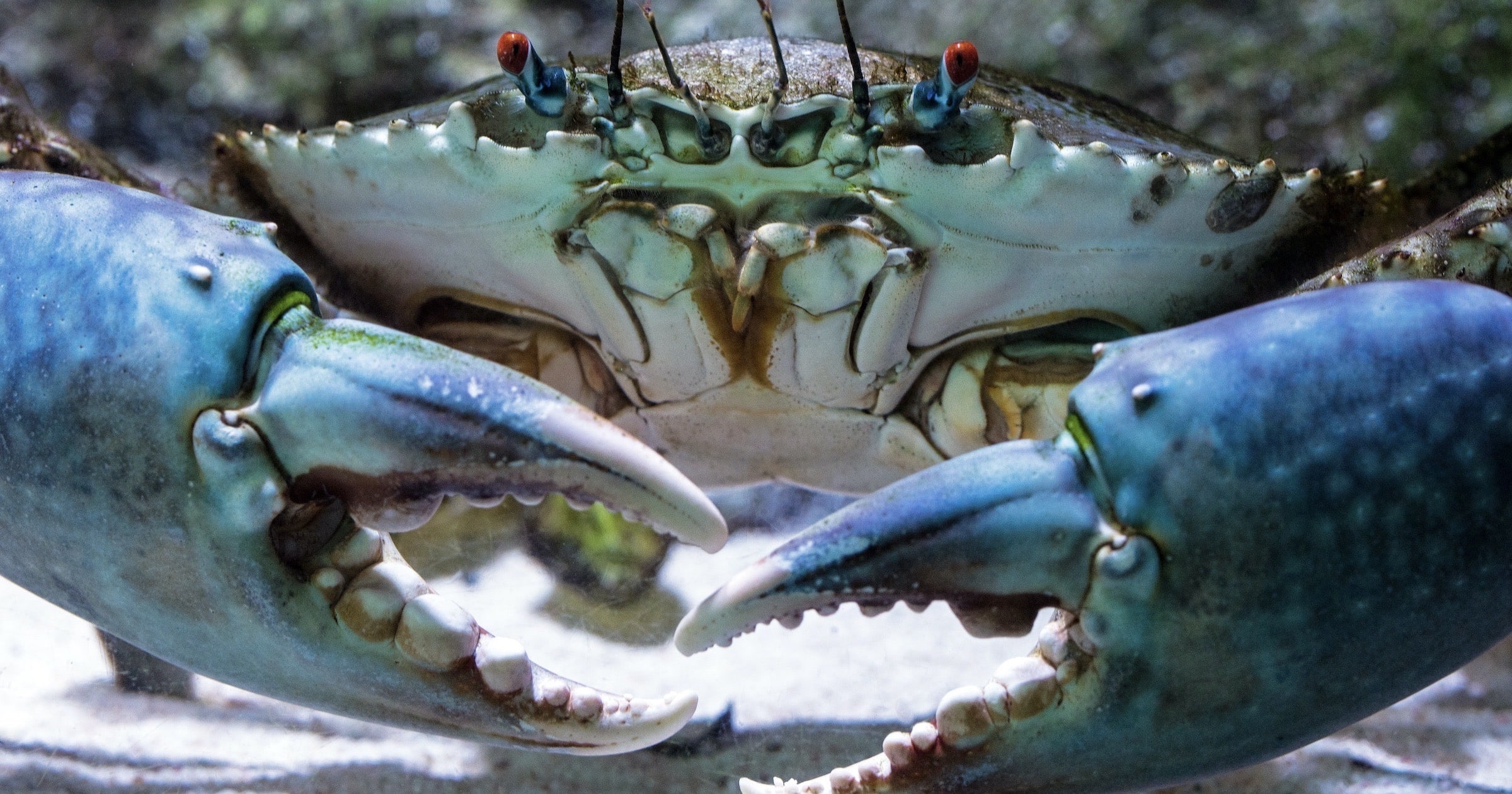 Life Sciences
Life Sciences
 Neuroscience & Mind
Neuroscience & Mind
Can Animal Minds Explain Human Minds?

York University philosophy prof Kristin Andrews, author of The Animal Mind (Routledge 2020), thinks that “Consciousness science should move past a focus on complex mammalian brains to study the behaviour of ‘simpler’ animals.”
Reflecting on the Koch–Chalmers bet (philosopher 1, neuroscientist 0), she notes that, despite many research advances, “we still haven’t identified any neural correlates of consciousness.” She credits Christof Koch with helping to turn consciousness studies into “a real science” along with DNA co-discoverer Francis Crick (1916–2004) by focusing away from language and toward neuroscience. They decided to focus on vision in mammals instead. And that she sees as anthropocentric (focused on human-type qualities) and discriminatory.
When the study of consciousness is grounded in the study of human-like vision, it makes the field of consciousness studies unapologetically anthropocentric, discounting animal models that might be key puzzle pieces.
KRISTIN ANDREWS, “WHAT IS IT LIKE TO BE A CRAB?,“ AEON, 20 NOVEMBER 2023
But that wasn’t their worst offence: “More importantly, it also makes the field conspicuously neurocentric. By including only ‘higher mammals’ in the study of consciousness, Crick and Koch replaced the language-centric views of consciousness with a neurocentric one. Now it isn’t language that is presumed necessary for consciousness, but a nervous system.”
One outcome of this trend was the Cambridge Declaration on Consciousness (2012) which asserts that “all mammals and birds, and many other creatures, including octopuses” have the neurological capacity to experience conscious states.
Looking Beyond the Neocortex… to What?
She is convinced that by focusing on animals with complex nervous systems over the past decade, we are making the Hard Problem of consciousness so much harder. We ought to be looking at simple animals:
As humans, we have some shared perspectives given typical human physiology and life history. But we also have perspectives that are incredibly different from one another. The perspective reflected in the survey of philosophers that infant humans are probably conscious, that fish may be, and that plants probably are not, is a cultural perspective that reflects the demographics of today’s professional philosophers. What might the starting assumptions about consciousness look like if professional philosophers were not overwhelmingly white, male and WEIRD?
ANDREWS, “ … BE A CRAB?”
Racism, sexism, and an unsupported implication of mental issues aside, what does Andrews want?
Just as Crick and Koch pushed back on the popular view of their time that language is needed for consciousness, today we should push back on the popular view of our time that a complex brain is needed for consciousness. Maybe in another few years we will need to push back on another assumption, and at that time find it profitable to study consciousness in biological systems beyond animals, such as plants and fungi. If we recognise that our starting assumptions are open to revision and allow them to change with new scientific discoveries, we may find new puzzle pieces, making the hard problem a whole lot easier.
ANDREWS, “ … BE A CRAB?”
Although she doesn’t make it entirely clear, she seems to want a view of consciousness that, whatever else it does, can include plants and fungi as well as crabs and worms. That sounds like panpsychism.
How would panpsychism address the Hard Problem of human consciousness? It simply evaporates the problem! If researchers assert that fungi are conscious, the fact that humans are conscious is of no particular significance. If you appear to think that the difference between human and fungal consciousness matters in some way, maybe you belong to the wrong demographic.
Panpsychism Is, Like Materialism, a Faith Position
Overall, the study of animal minds has been fruitful for science, if only by challenging narrowly hierarchical views on the topic of consciousness — and intelligence. No one really knows, for example, why some crustaceans and cephalopods show considerably more intelligence and emotion than other invertebrates do. All we know is that invertebrate status is not, by itself, a disqualifier — as we used to suppose. That suggests that our model of the origin of intelligence is wrong. It does not show that all life forms are conscious.
But the suggestion that consciousness researchers should pay attention to plants and fungi is undergirded by a faith. It makes sense that the faith would seem like panpsychism. Panpsychism is a theory of the nature of reality, like dualism and materialism, and all such theories are faiths. The materialist, for example, knows by faith that science will one day discover exactly what brain parts make human consciousness tick (promissory materialism). There is no hope of convincing him that the matter cannot be so simple. Full-blown panpsychists are just as convinced of a different faith, that consciousness is an essential feature of life itself.
At one time, science mags and sciencey think mags would have hesitated to run panpsychist material. But increasingly, they are doing so. That is probably because, as science writer John Horgan has pointed out, materialists have got nowhere with the topic of human consciousness. It is clearly real and clearly immaterial. Thus, it’s only fair to let panpsychists have a crack at the topic for a while. After all, they are not dualists, let alone theists. But because panpsychism is a faith, like materialism, its assumptions and assertions are not “value-free.” We are likely to be unpacking them for some time.
Cross-posted at Mind Matters.
